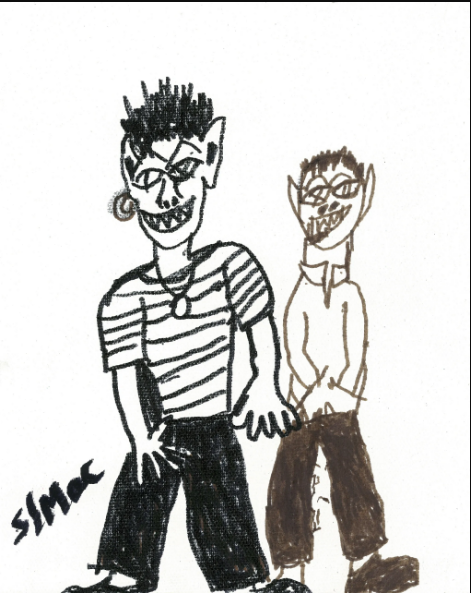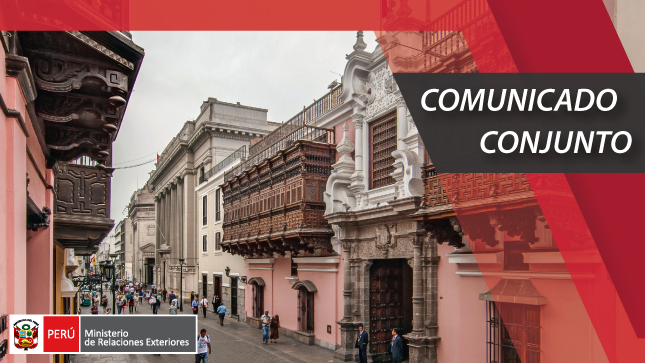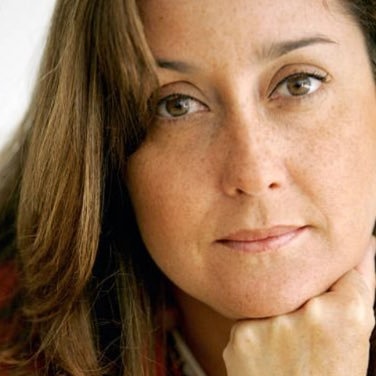The special rapporteur for freedom of expression of the IACHR, Edison Lanza, explained that the delegation was not allowed an on-site visit to Venezuela, and proceeded to document Venezuelan cases in the Colombian city of Cúcuta. The organ is going to prepare a report on the Venezuelan State that will support the case before the International Criminal Court.
On Monday, February 3, the government of Nicolás Maduro prevented the Inter-American Commission on Human Rights (IACHR) from entering the country after the agency had planned an on-site visit to verify first hand the cases of violations to the Human Rights in Venezuela, with the argument that Venezuela (which denounced the Inter-American Democratic Charter) has already left the corresponding system, therefore the mechanism has no powers to exercise any activity in the national territory.
This is the most recent chapter in the long history of divorce between the Venezuelan government and respect for human rights, a situation that has been verified by the United Nations High Commissioner for Human Rights, Michelle Bachelet, and has been subject to complaints both in the inter-American system and the International Criminal Court.
The diplomatic representation of the president of the National Assembly (AN-Parliament), Juan Guaidó, (sworn in as president in charge of Venezuela) requested an on-site visit to the IACHR, following the death of Captain Acosta Arévalo as a result of torture in August 2019.
An irregular situation
The special rapporteur for freedom of expression of the IACHR, Edison Lanza, who was part of the delegation visiting Venezuela, said that although the organization has the diagnosis of a situation of systematic human rights violations, they had to attempt entering the country to observe the situation on the ground.
In an exclusive interview for the Provea-TalCual alliance in the city of Cúcuta, Lanza said that “we expected to fulfill the mandate that the states have given the IACHR, which is to observe the situation of human rights in the countries of the region. We have been accepted by every government in almost ten countries, even in difficult situations or of the same magnitude as Venezuela, from Nicaragua to Bolivia, Ecuador, Chile, El Salvador, Guatemala, and Honduras in the recent past.”
Edison Lanza indicated that they could not stop trying to enter Venezuela to observe the situation on the ground. “Given that there is an irregular situation with a de facto government and a government recognized by the AN and the OAS itself, we communicated to both entities our decision to visit the country ”. The government of Nicolás Maduro, through Foreign Minister Jorge Arreaza, informed us that it understands that Venezuela was not under the jurisdiction of the IACHR. “As we were not deemed a threat to national security or declared persona non grata, we decided to undertake the trip. In Panama, Copa (the airline) did the dirty work of the government by getting us off the plane.”
A Position of Rejection
– It is well known that countries with de facto regimes such as Fujimori’s Peru have allowed the Commission to enter and conduct the on-site visit. Is this the first case where you are prevented from visiting?
– Dictatorships do not have a permanent opening to the Commission. It was not allowed entry to Argentina, Chile, or Uruguay during the dictatorship but it changed when international pressure mounted after family members began to demand justice and began to report disappearances, torture, and deaths. The visit of the Commission to Argentina in 1979 is well known. Visiting Uruguay and Chile was possible later, as well as Fujimori’s Peru in 1990, where the Commission exposed to the International Community the human rights violations taking place. Nicaragua is currently denying entry but it allowed it after the crisis and the international pressure in April 2019. As a comparison, the Commission has not entered Venezuela since 2002-2003 and now there is a position of rejection to it.
– Is the Venezuelan Government’s denouncement of the Inter-American Charter and the exit from the system a valid argument to deny the Commission entry to the country?
– The situation of Venezuela exiting the system is in question because most of the countries in the region do not recognize the de facto government. They recognize the provisional government elected by the AN that withdrew the resignation to the Charter. For international law, that matter largely remains in question.
Secondly, the Commission has a mandate that goes beyond specific instruments. The de facto government itself remains part of many conventions of the inter-American system, such as the convention against forced disappearance, the convention on violence against women and all forms of torture. Venezuela has not denounced any of these conventions.
A broad mandate to observe the situation of human rights beyond the status of states is one of the components of the organization. The Commission has decided to keep monitoring as a Human Rights defender organ. I do not think it is illegitimate to continue monitoring the situation in Venezuela from the IACHR. Civil society continues to assist the system. We have several cases that we are following up on precautionary measures that we have granted, and it would be irresponsible not to comply with these victims.
-What to do about the government of Nicolás Maduro preventing the entry of the Commission?
– There are two dimensions. We activated a plan B in Cúcuta since we were not allowed to enter for the on-site visit. We held a meeting with relatives of victims and exiled journalists in Bogotá who have relatives who have been tortured or assassinated or face criminal persecution in Venezuela.
Thousands of migrants are still going through the border in Cúcuta. We talk to them and keep a record of the problems they face. Several organizations, victims, and activists from Venezuela came to Cúcuta to inform us about different issues including the arbitrariness of the Supreme Tribunal of Justice (TSJ), the impediments to the rule of law, the situation of political persecution, and the recent announcement that the government could directly appoint university authorities in violation of university autonomy. Our reports are received by the United Nations, the European Union, and the countries of the hemisphere.
The special rapporteur said that “we believe it is urgent to end this visit and draft our report. I think it is clear that this government has no intention for a democratic transition, improving the situation of human rights violations, and finding a way to dialogue and resume democracy and guarantees for the protection of human rights,” as many countries have insisted on.
– What can happen after the report is submitted? In which cases has a report helped solve the situation of human rights violations and compensate the victims?
– The Permanent Council of the OAS is going to address the report, where the states take measures of economic pressure against the regime and its leaders. The report can also add to the case in the International Criminal Court and can be a base for reparations in favor of citizens subjected to violations of their rights after democracy and institutions recover. “Beyond this report, the Commission has individual cases that set out responsibilities for the State and an obligation to repair. We have dozens of cases solved by the Commission and the Inter-American Court condemning the State of Venezuela for violating the rights of politicians, activists, journalists, and social leaders. Anyway, we have many cases that are still under study, ”Lanza said.
– Can personalized justice be administered upon Nicolás Maduro and his government officials?
-The inter-American system has no instrumental powers to set individual responsibilities. We do not have the mandate; We are an organism that has to strictly adhere to its conventional mandate of general supervision and delimitation of the international responsibility of the State regarding cases of particular violations from people who file a petition or complaint. The cases are going to be named, and we always suggest considering the command line in the different violations. It is not our competence to set individual responsibilities, it is the competence of the International Criminal Court.




